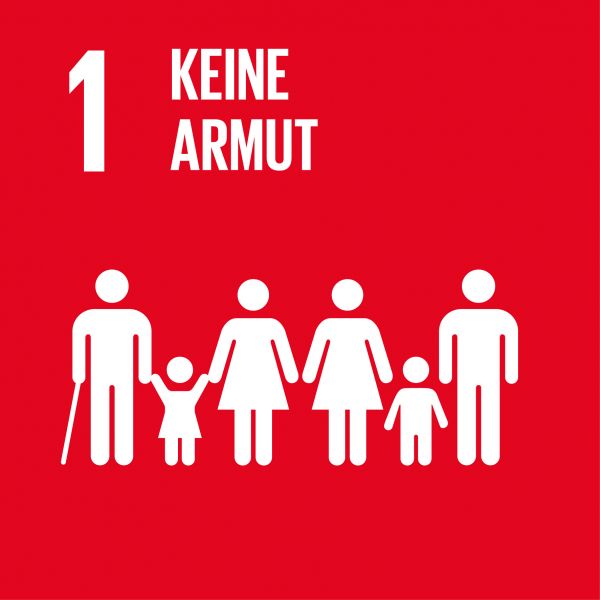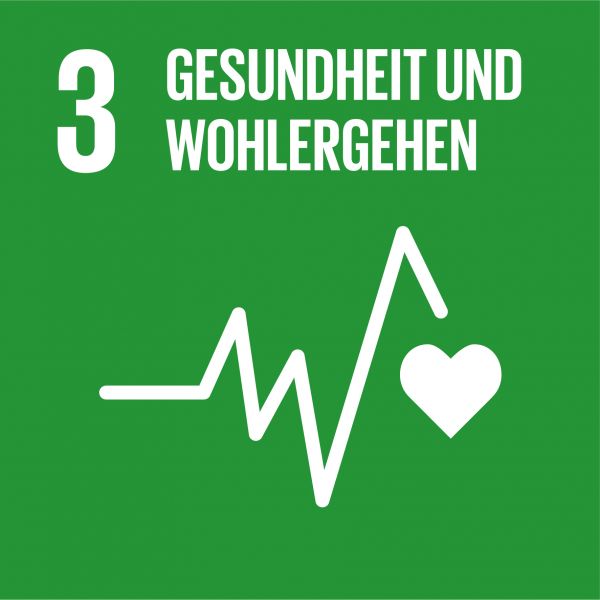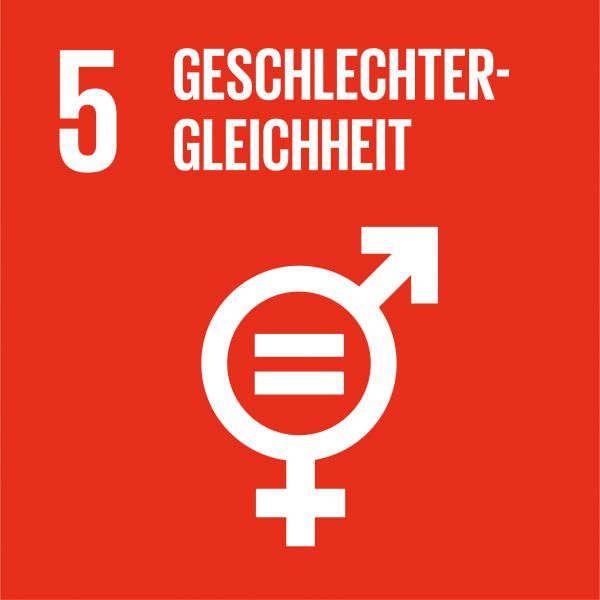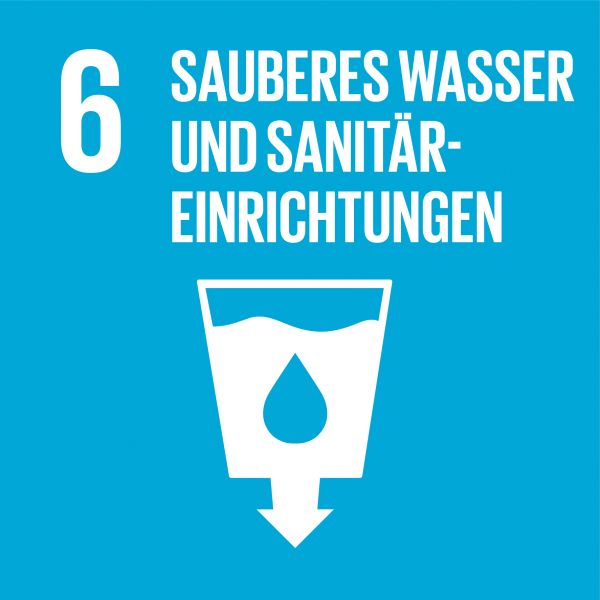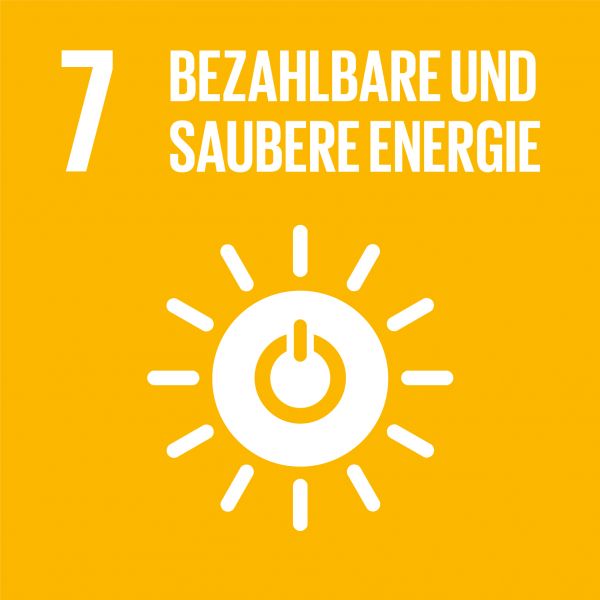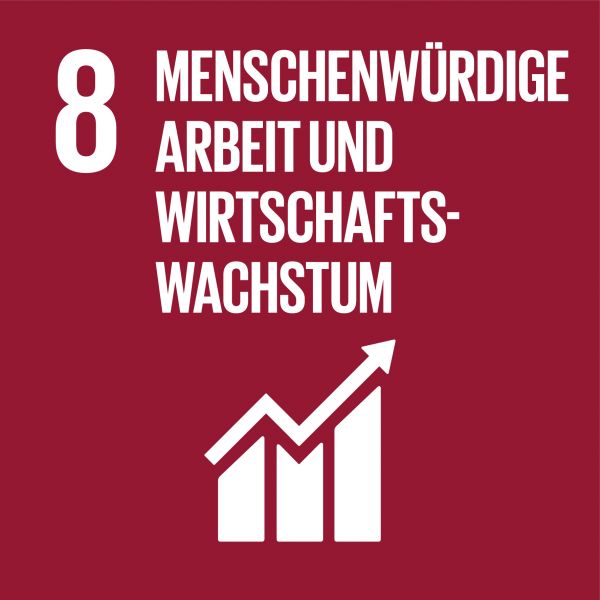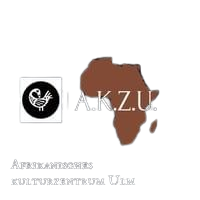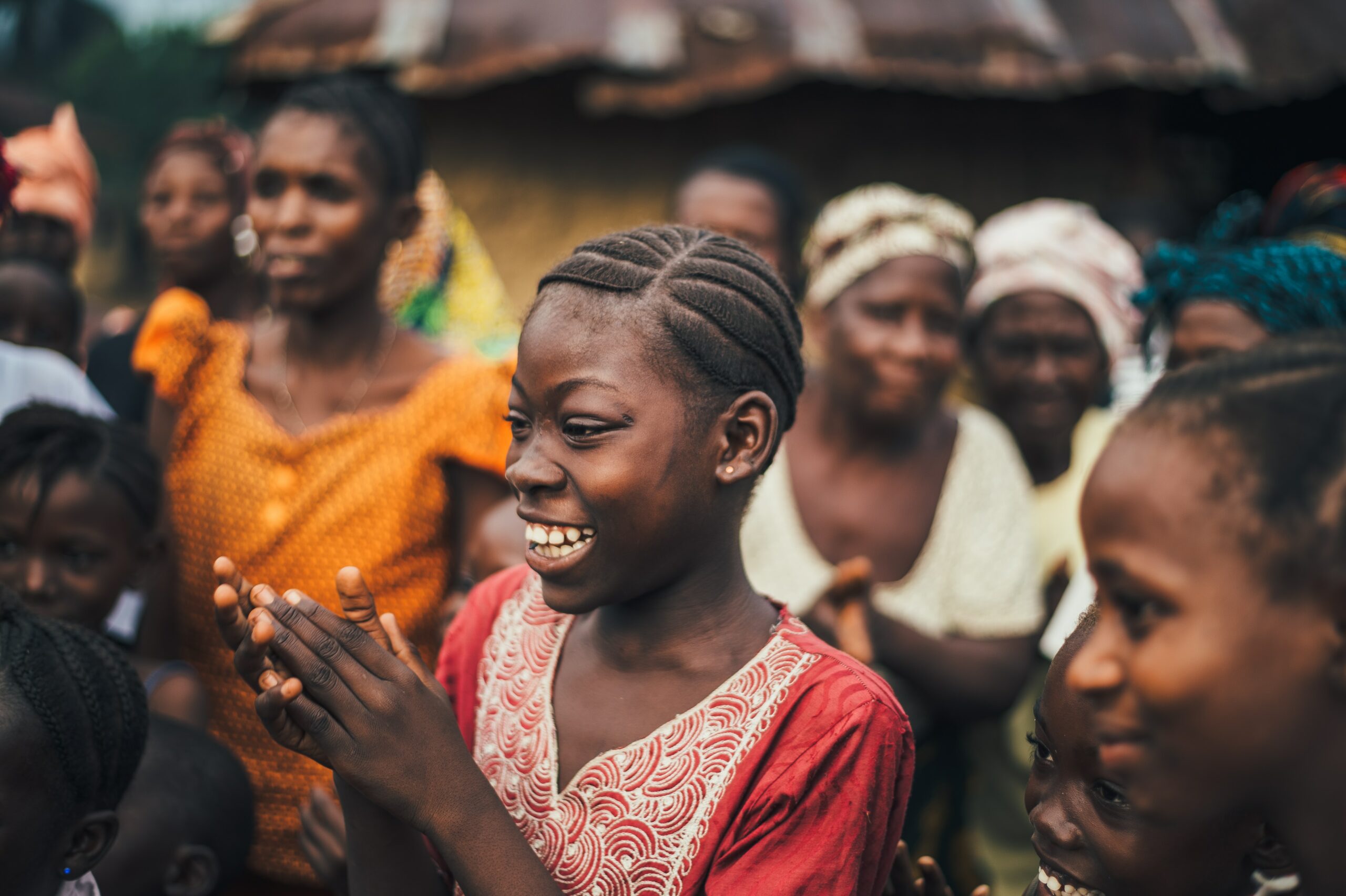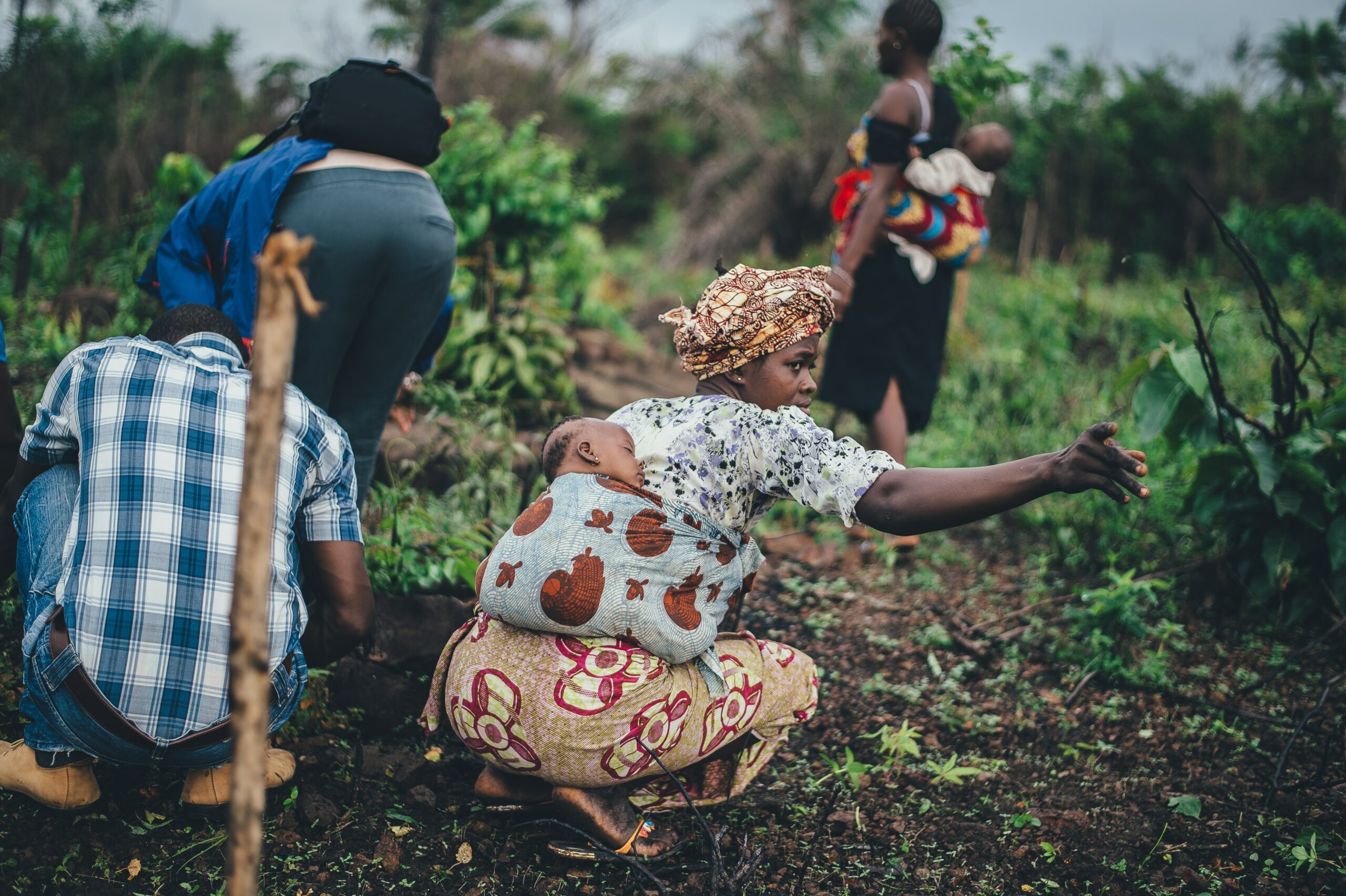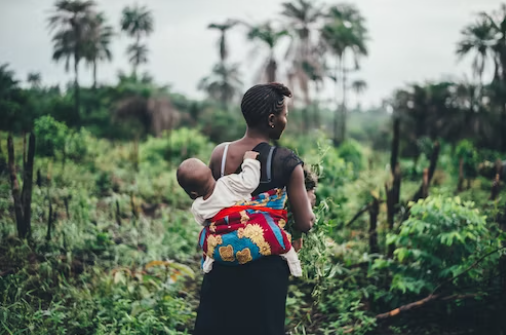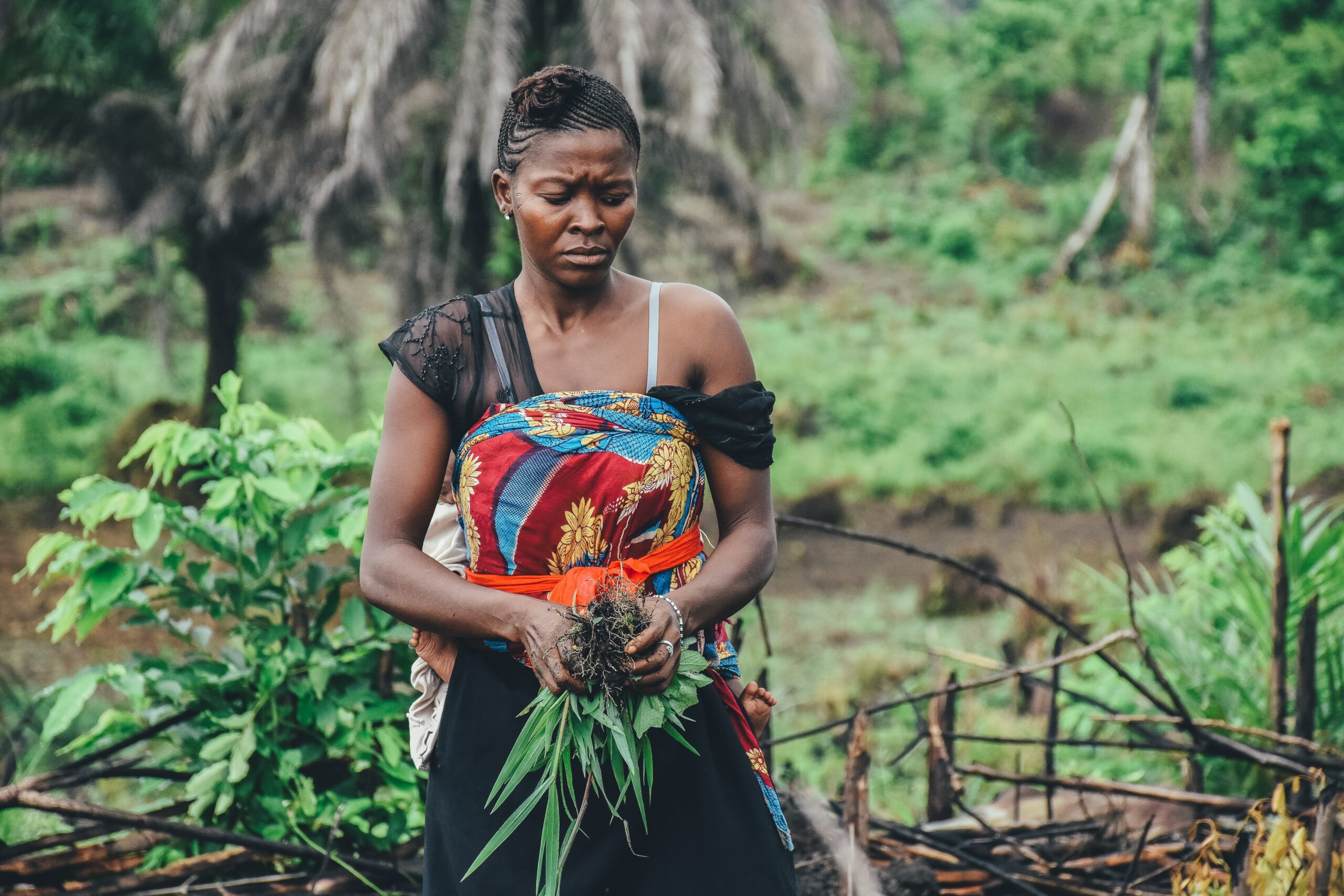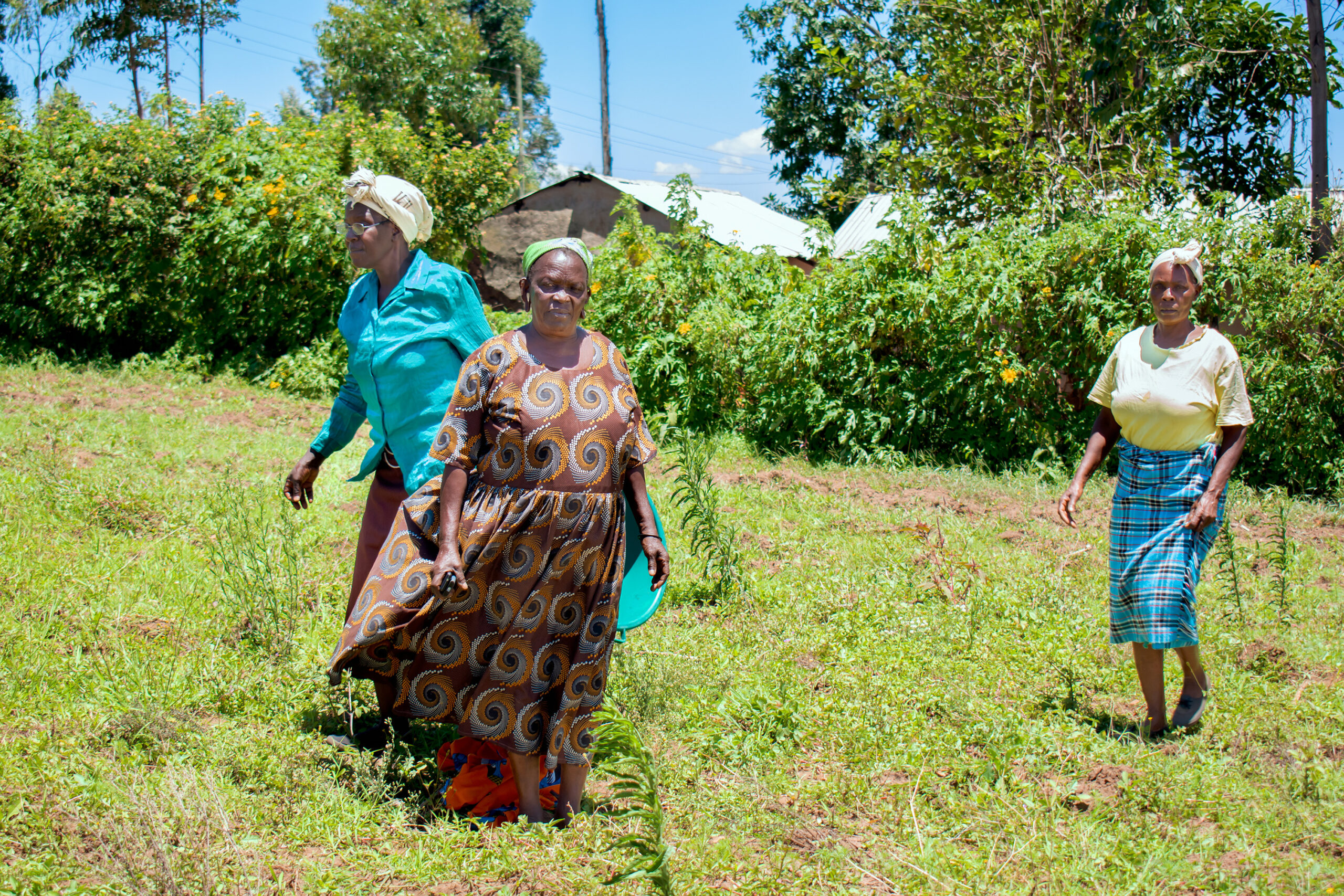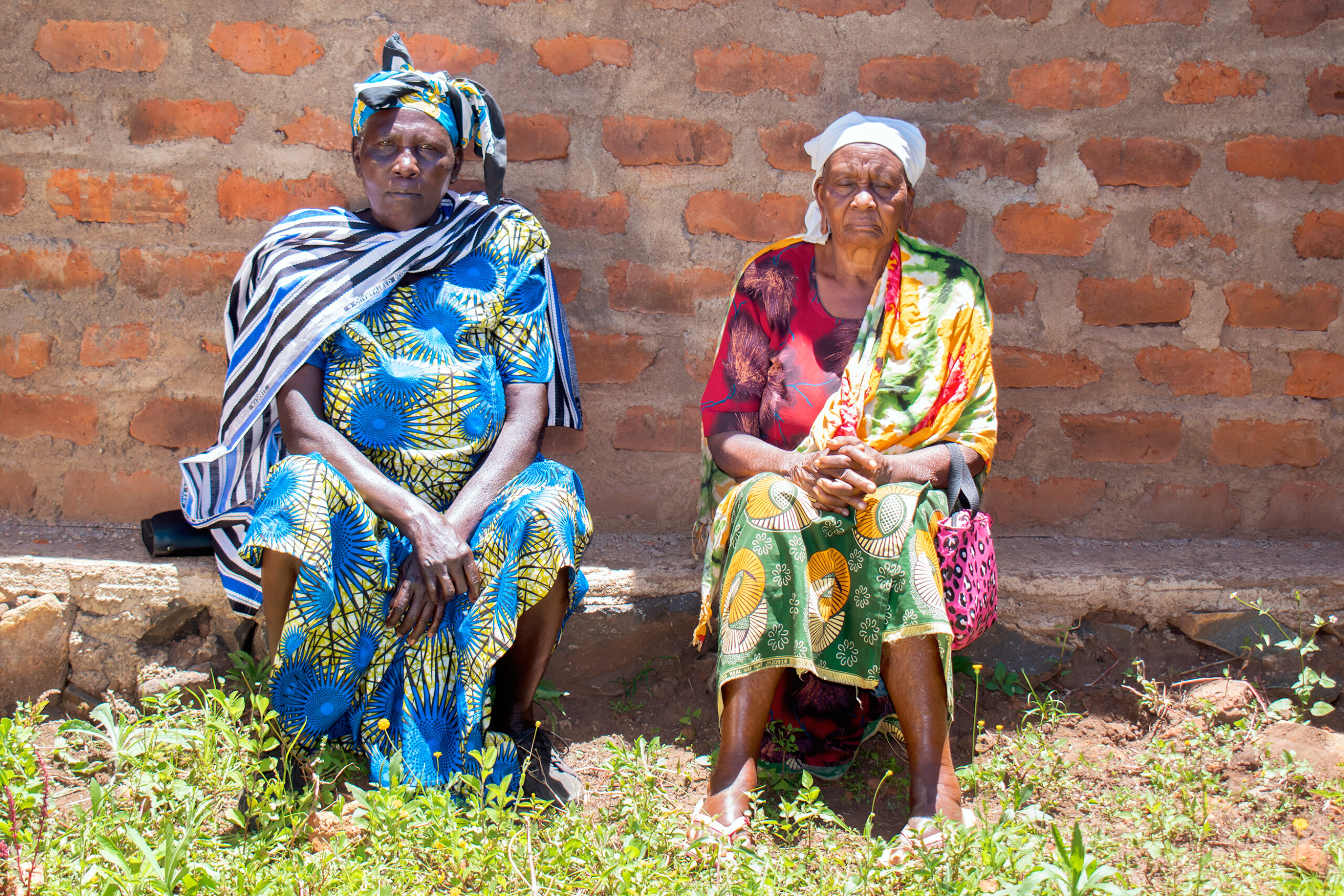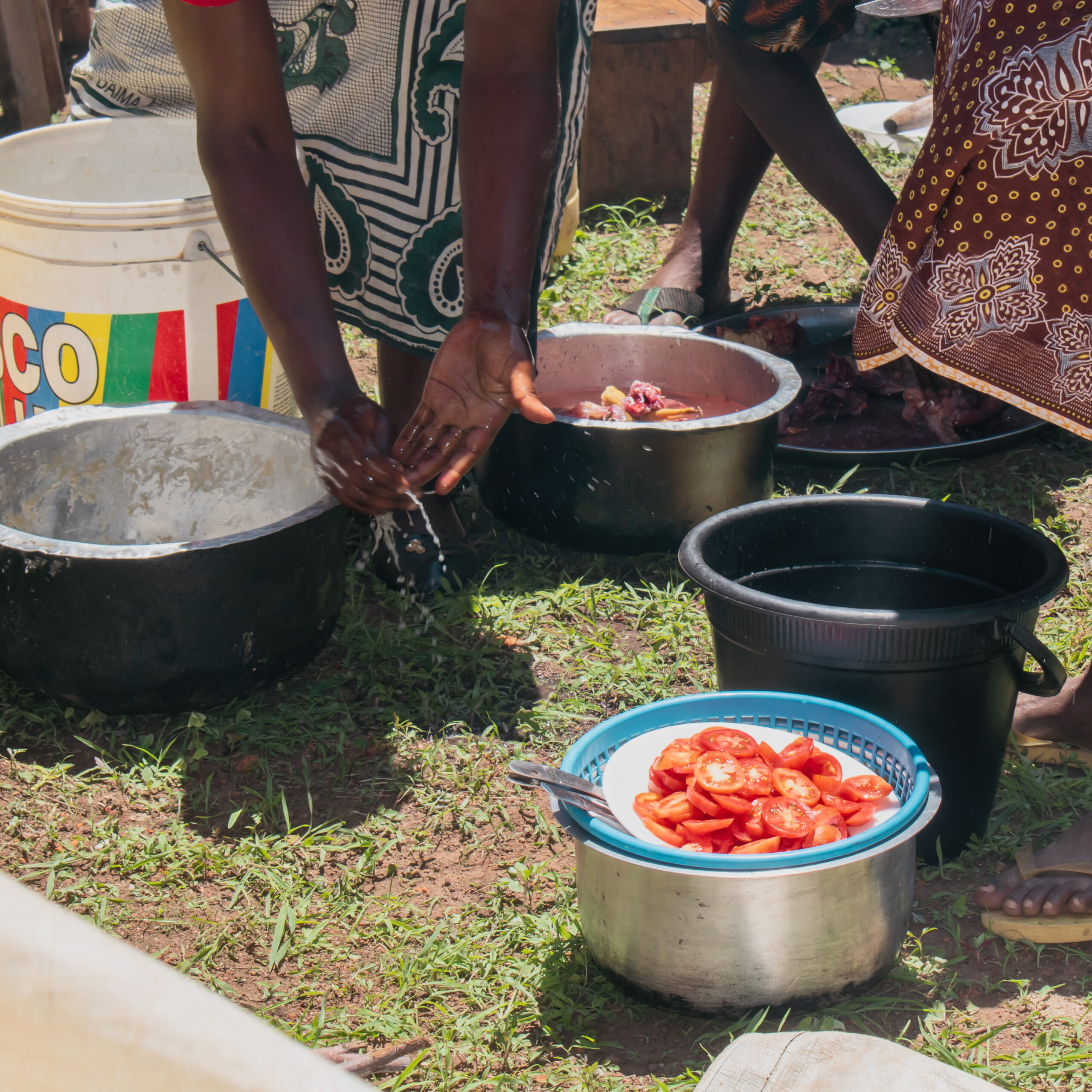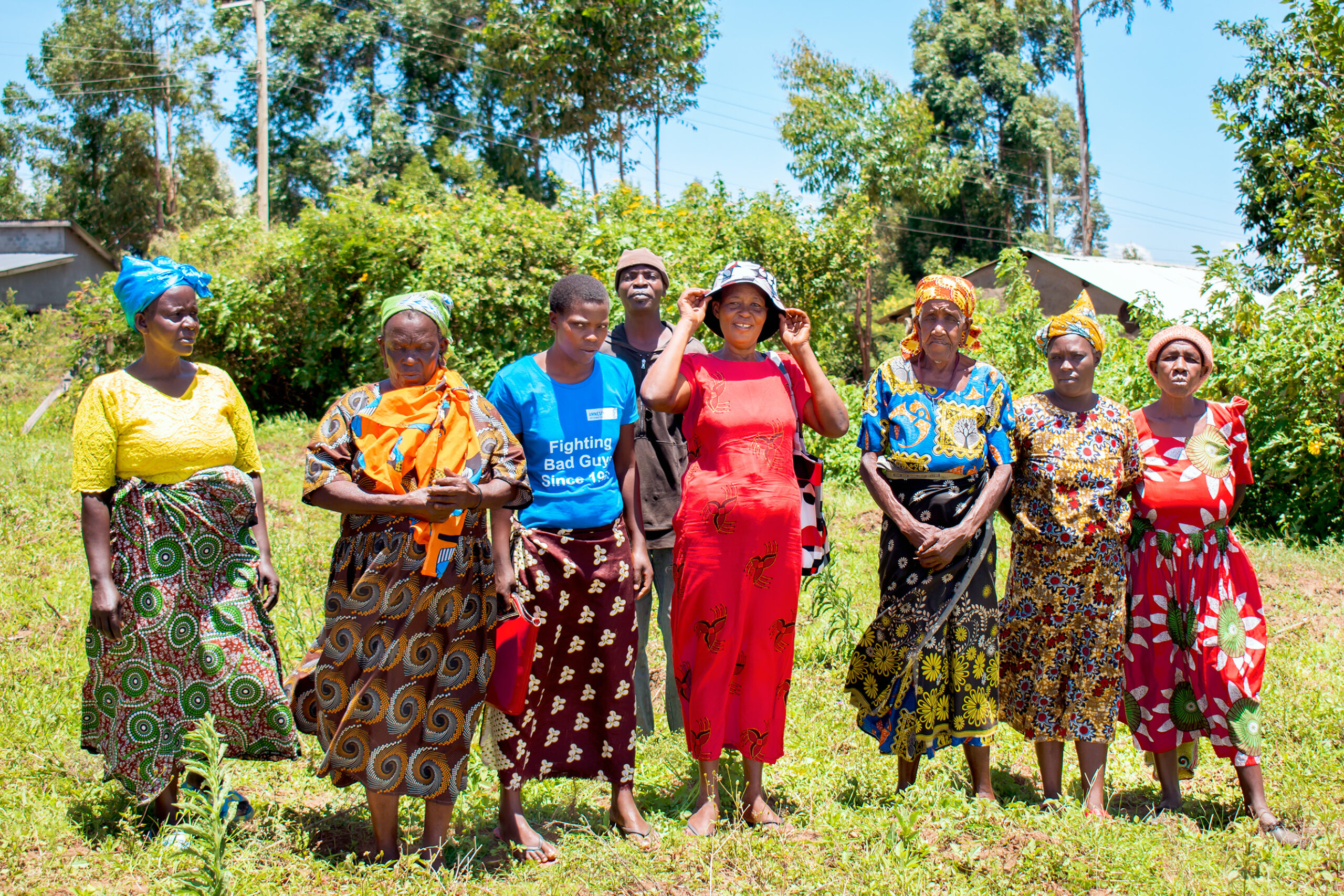Jua Hope Women’s Shelter in Kenya
Jua Hope Women’s Shelter in Kenya
In the last 20 years, awareness of women’s rights has awakened in Kenya. In 2010, the Kenyan government adopted a new constitution, which also enshrined the ban on Female Genital Mutilation (FGM) and other forms of women’s rights violations.
Unfortunately, little has happened in Kuria society in Migori district since 2010. Domestic violence ranging from FGM to forced marriage still takes place. Limited financial resources force women into dependency. In addition, there is a lack of information and ways out for girls and women.
Amnesty International Ulm has been working with other organisations and individuals since 2013 to provide information and resources to protect women’s rights in the region.
The last project consisted of students from the University of Ulm, the MRRC in Kuria, engineers from Sofi’s World and the local community. With the construction of a biogas plant, the women were spared the need to collect firewood, which on the one hand takes a lot of time and on the other has negative consequences for people and the environment. In the meantime, 10 more biogas plants have been built by the community.
The Jua Hope Project
Our next project focuses on the basic right of physical integrity. It is a shelter for victims of domestic violence, genital mutilation, forced marriage and lack of equal opportunities.
It brings together students from Neu-Ulm University of Applied Sciences and the African Cultural Center Ulm (AKZU), other organisations and individuals in Ulm, Neu-Ulm and Nairobi as well as the women’s network Kenyarera in the Migori District in Kenya.
A women’s shelter is planned that will provide space for accommodation, healing and counselling. In this house, girls and women in immediate danger will find a refuge.
The design of the shelter will be based on an ecological self-sustaining architecture which will provide running water for high quality sanitary facilities independent from local infrastructure. This first women’s shelter is aimed at providing a prototype to foster other women’s shelter throughout the county.
The shelter will be financially independent through the establishment of a restaurant to generate income.
- Poverty
- Good health and well-being
- Gender equality
- Clean water and sanitation
- Affordable and clean energy
- and decent work and economic growth
